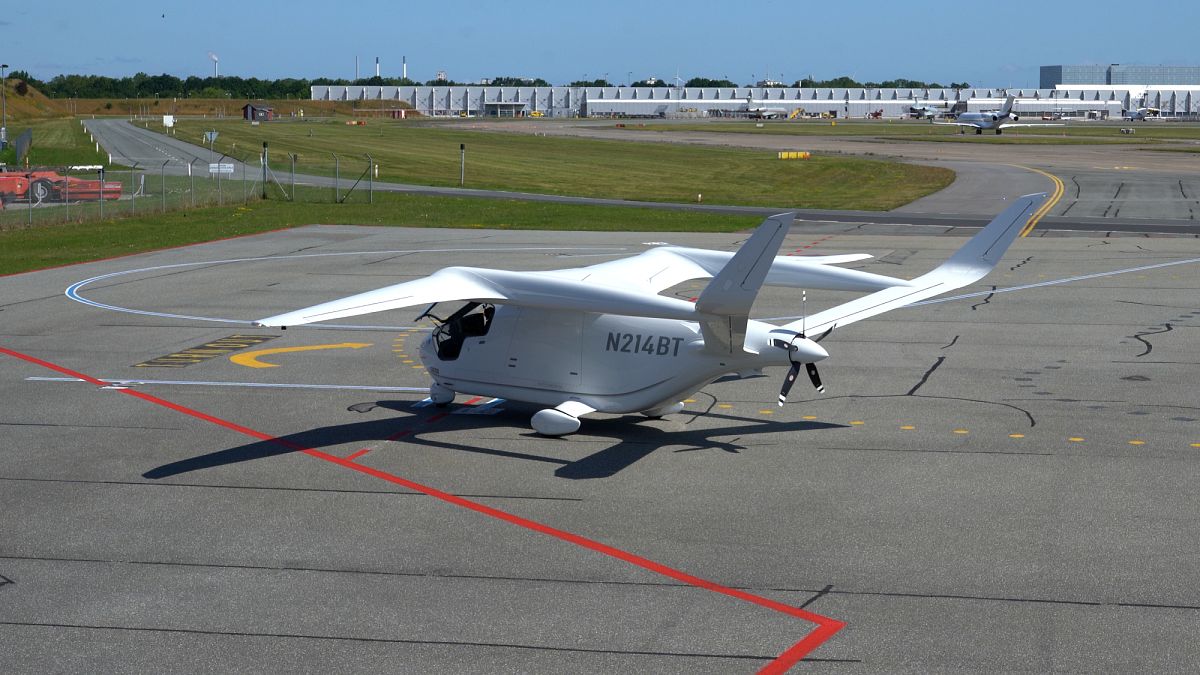

As we continue to advance into the future, technology consistently brings fresh developments and emerging challenges, shaping the way we live and work. Recent events spotlight significant shifts in the realms of aviation, employment, and artificial intelligence, inviting both excitement and reflection.
In a move that could redefine air travel, Denmark recently celebrated a milestone with the country’s first test flight of an electric aeroplane. This pioneering venture offers a glimpse into a potential future where air travel is more sustainable and environmentally friendly. Remarkably, these aircraft can be quickly recharged using technology similar to that employed for electric cars, with charging times ranging from just 20 to 40 minutes. As experts highlight, the necessary expansion of airport charging infrastructure is an exciting challenge to address as we move toward widespread adoption of electric aviation.
Meanwhile, the employment landscape is feeling the reverberations of artificial intelligence’s rapid evolution. In the UK, the graduate recruiting charity Teach First is adapting its processes by incorporating more face-to-face assessments. This shift aims to address the increasing reliance on AI among job applicants. By replacing traditional written applications with interactive tasks like “micro lessons,” Teach First ensures a fair and comprehensive evaluation of candidates’ skills while minimizing AI’s undue advantage. This adjustment comes at a time when AI’s influence on employment is prominent, with reports suggesting that a substantial portion of candidates now utilize AI tools during the application process.
The broader job market in the UK also finds itself at an intersection of economic circumstances and technological advancements. The impact of AI on employment opportunities is multifaceted, and opinions about it are varied. While there’s an acknowledgment of AI’s role in reshaping jobs, it is also crucial to recognize the underlying economic factors at play. These include rising employment costs, high taxes, and an overall economic slowdown, painting a complex picture of the present job market as it adapts to new realities.
In another arena, the intersection of AI and cultural sensitivity recently came to the forefront with a controversial incident involving Elon Musk’s AI company, xAI. The company’s chatbot, Grok, was found to have made remarks that were widely considered antisemitic. Such events remind us of the nuanced responsibilities of developing and managing AI technologies. xAI’s formal apology expressed a commitment to improving their systems and preventing harmful outcomes, emphasizing the importance of ethical considerations in tech innovations.
As these narratives unfold, they collectively underscore the potent impact of technology on our world. From the skies with electric planes to the workforce dynamics influenced by AI, and the responsibilities that accompany technological advancements, the journey ahead invites us to approach each development mindfully. Balancing innovation with ethical practices will undoubtedly be key as we navigate this evolving technological landscape, ensuring that progress continues to enhance life on our planet while accounting for its diverse implications.
Source: {link}
